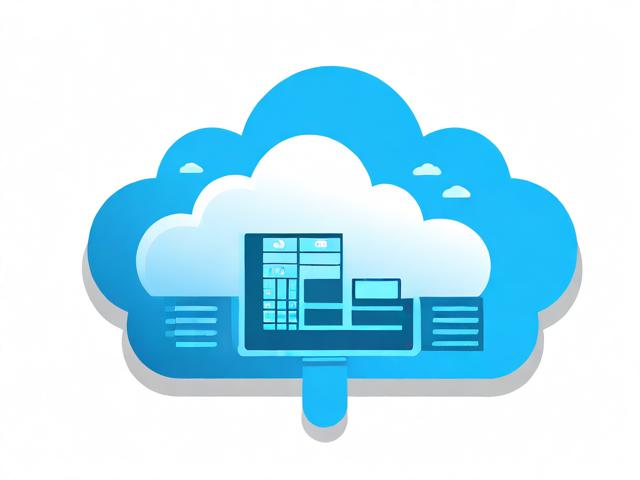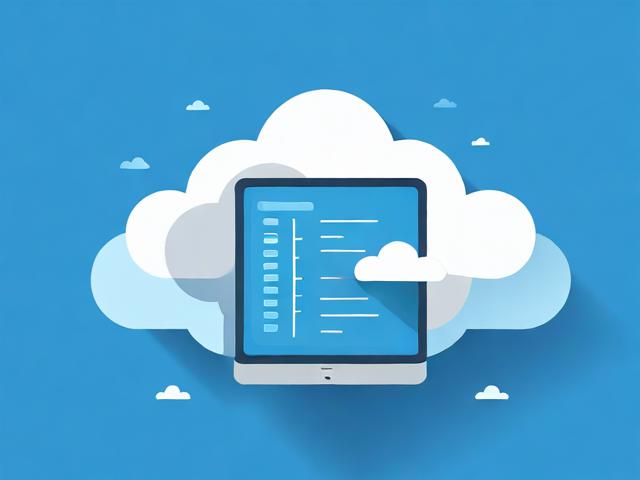C服务器数据传输给客户端的机制和流程是怎样的?
- 行业动态
- 2025-03-07
- 7
在C#中,服务器给客户端发送数据是一个常见的网络编程任务,主要涉及到套接字编程,以下是实现这一功能的详细步骤和代码示例:
一、使用TcpListener和TcpClient类
创建服务器端
引入命名空间:
using System; using System.Net; using System.Net.Sockets; using System.Text; using System.Threading;
定义服务器类并实现发送数据功能:
class Server
{
public static void StartListening()
{
// 创建TCP监听器,绑定到本地端口
TcpListener listener = new TcpListener(IPAddress.Any, 5000);
listener.Start();
Console.WriteLine("Server is listening...");
while (true)
{
// 等待客户端连接
TcpClient client = listener.AcceptTcpClient();
Console.WriteLine("Client connected!");
// 获取与客户端通信的网络流
NetworkStream stream = client.GetStream();
// 要发送的数据
string data = "Hello from server!";
byte[] buffer = Encoding.UTF8.GetBytes(data);
// 将数据写入网络流并发送到客户端
stream.Write(buffer, 0, buffer.Length);
Console.WriteLine("Data sent to client: " + data);
// 关闭与客户端的连接
client.Close();
}
}
} 在Main方法中启动服务器:
class Program
{
static void Main(string[] args)
{
Server.StartListening();
}
} 创建客户端
引入命名空间:
using System; using System.Net.Sockets; using System.Text; using System.Threading;
定义客户端类并实现接收数据功能:

class Client
{
public static void StartConnecting()
{
// 创建TCP客户端,连接到服务器的IP地址和端口号
TcpClient client = new TcpClient("127.0.0.1", 5000);
Console.WriteLine("Connected to server!");
// 获取与服务器通信的网络流
NetworkStream stream = client.GetStream();
// 从网络流中读取数据
byte[] buffer = new byte[256];
int bytesRead = stream.Read(buffer, 0, buffer.Length);
string receivedData = Encoding.UTF8.GetString(buffer, 0, bytesRead);
Console.WriteLine("Data received from server: " + receivedData);
// 关闭与服务器的连接
client.Close();
}
} 在Main方法中启动客户端:
class Program
{
static void Main(string[] args)
{
Client.StartConnecting();
}
} 二、使用HttpListener类(适用于HTTP协议)
创建服务器端
引入命名空间:
using System; using System.Net; using System.Text; using System.Threading;
定义服务器类并实现发送数据功能:
class Server
{
public static void StartListening()
{
// 创建HttpListener实例,并指定前缀(即URL)
HttpListener listener = new HttpListener();
listener.Prefixes.Add("http://localhost:8080/");
listener.Start();
Console.WriteLine("Server is listening on http://localhost:8080/ ...");
while (true)
{
// 等待客户端请求
HttpListenerContext context = listener.GetContext();
HttpListenerRequest request = context.Request;
HttpListenerResponse response = context.Response;
// 设置响应内容类型和编码方式
response.ContentType = "text/plain";
response.ContentEncoding = Encoding.UTF8;
// 要发送的数据
string data = "Hello from HTTP server!";
byte[] buffer = Encoding.UTF8.GetBytes(data);
// 将数据写入响应流并发送给客户端
response.OutputStream.Write(buffer, 0, buffer.Length);
response.OutputStream.Close();
Console.WriteLine("Data sent to client: " + data);
}
}
} 在Main方法中启动服务器:

class Program
{
static void Main(string[] args)
{
Server.StartListening();
}
} 2. 创建客户端(可以使用浏览器或任何HTTP客户端库)
使用浏览器访问:打开浏览器,输入http://localhost:8080/,即可接收到服务器发送的数据。
使用HttpClient类(C#代码示例)
using System; using System.Net.Http; using System.Text; using System.Threading;
定义客户端类并实现接收数据功能:
class Client
{
public static void StartRequesting()
{
// 创建HttpClient实例
HttpClient client = new HttpClient();
HttpResponseMessage response = client.GetAsync("http://localhost:8080/").Result;
response.EnsureSuccessStatusCode();
string receivedData = response.Content.ReadAsStringAsync().Result;
Console.WriteLine("Data received from server: " + receivedData);
}
} 在Main方法中启动客户端:

class Program
{
static void Main(string[] args)
{
Client.StartRequesting();
}
} 分别介绍了使用TcpListener和TcpClient类以及HttpListener类实现服务器给客户端发送数据的两种方法,第一种方法适用于TCP协议,可以实现更底层的网络通信;第二种方法适用于HTTP协议,更加简单方便,适用于Web应用的开发,根据具体需求选择合适的方法即可。
四、相关问答FAQs
问:TcpListener和TcpClient类与HttpListener类在实现服务器给客户端发送数据时有何区别?
答:TcpListener和TcpClient类是用于实现基于TCP协议的网络通信,它们提供了更底层的套接字操作接口,可以自定义通信协议和数据格式,而HttpListener类是专门用于处理HTTP请求的,它遵循HTTP协议规范,适用于构建Web服务或API接口,使用HttpListener类可以更方便地处理HTTP请求和响应,但相对来说灵活性较低,因为它必须遵循HTTP协议的规定,在实际应用中,可以根据具体需求选择合适的类来实现服务器给客户端发送数据的功能,如果需要高度定制化的通信协议或数据格式,可以选择使用TcpListener和TcpClient类;如果需要构建符合HTTP标准的Web服务或API接口,则可以选择使用HttpListener类。















